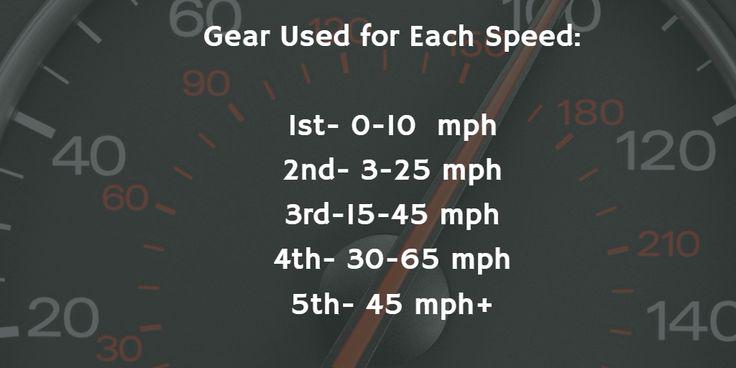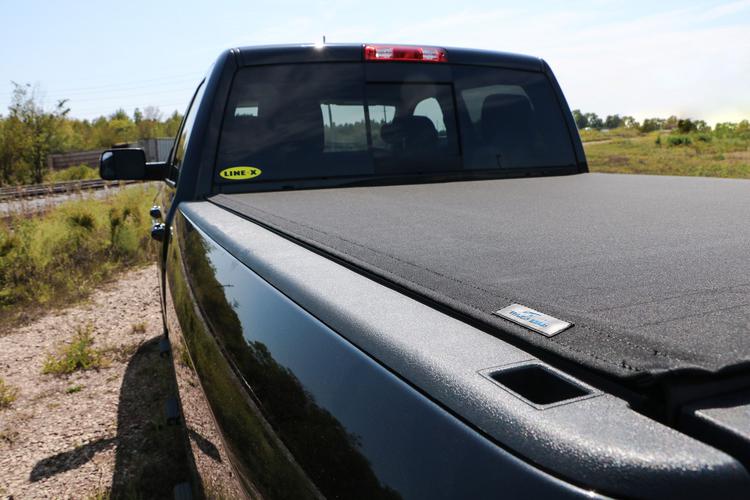Some people call it learning how to drive stick or how to drive a manual. Whatever you call it, both are the same. Many drivers never learn how to drive a car with a manual transmission, or stick shift. The ability to drive a stick shift will allow you to drive any type of vehicle regardless of it being an automatic or manual. When first learning how to drive this type of vehicle, it is best to find a large parking lot or empty street on which to practice. For many drivers, learning to drive a stick shift is similar to learning to ride a bicycle; at first the task seems impossible, but after you acquire the skill you will never struggle again. The following directions will provide a basic guideline for your first few attempts at driving a car with a manual transmission.
Passing your driving test shouldn’t be hard
Be fully prepared in days, not weeks with Premium.
Learn more
9 Easy Steps for Driving a Stick Shift
1
Understand the Different Pedals
Before you begin to drive a stick shift, you need to understand how this type of car differs from cars with automatic transmissions.
While seated in the driver’s seat, take a look at the three pedals at your feet.
The first pedal on the left is the clutch. This pedal appears only in cars with manual transmissions. The middle pedal is the brake. The right pedal is the accelerator. You will use your left foot for the clutch and your right foot for the brake and accelerator. When you push in the clutch, or step down with your left foot on the clutch pedal, you are disengaging the assembly. When you are lifting your foot off the clutch pedal, the friction of the assembly starts moving, causing your vehicle to move forward.
2
Understand the Gear Shifter
Before starting the car, take a look at the gear shifter.
Most cars with manual transmissions have a gear shifter in the middle of the passenger and driver seats.
First gear is typically located at the top left corner and the remaining four or five gears rotate from top to bottom, left to right. The gear locations will be clearly marked on most stick shift vehicles. If the gear shift is located in the center, the car will be in neutral, at which point you should be able to easily move the gear shifter back and forth.
3
Start the Car
To start a stick shift, first press the clutch all the way to the floor board with your left foot.
Ensure that the gear shifter is in the neutral position then turn the ignition with the key. If you are certain that the car is in neutral, you can remove your foot from the clutch. Ensure that the parking or emergency brake is not in use.
4
Push in the Clutch
To prepare to drive the manual vehicle,
press the clutch with your left foot and the brake, or the center pedal, with your right foot.
5
Put the Car into First Gear
Next,
position the gear shifter so that the transmission is in the first gear
. Again, this should be the position furthest to the left and at the top half of the gear box.
6
Let Off the Brake
Remove your right foot from the brake pedal.
If you are on a flat surface, which is ideal for your first attempt, the vehicle should move very little.
7

Let Off the Clutch and Push on the Throttle
Slowly
begin to place less pressure on the clutch with your left foot
. Depending on the vehicle, you may feel it begin to slowly roll forward. As you gently release the clutch, begin to press the accelerator with your right foot. This is a delicate motion. Do not accelerate your vehicle excessively. Remember that first gear is only designed for speeds up to about fifteen miles per hour.
8
Know When to Change Gears
At some point, you will have released the clutch completely and will only be pressing the accelerator with your right foot. You will be driving in first gear.
Continue to build speed until you feel that you need to shift into second gear.
Depending on your vehicle, you can use the sound of the motor, your RPM gauge, and/ or your speed to calculate when you need to change gears.
9
Upshift to Second Gear and Repeat
Take your right foot off of the accelerator while simultaneously activating the clutch with your left foot.
Your car will continue to roll. Move the gear shifter into second gear. Release the clutch as you begin to apply the accelerator again. Repeat this process to continue to build speed.
Downshifting
When decreasing speed and downshifting,
the process is the same as above for accelerating
but going from a higher gear to a lower gear. You may experience higher revs when downshifting, so make sure to use more of the accelerator pedal. If you don’t accelerate enough, the car will decelerate more abruptly.
Going in Reverse
When you need to reverse the vehicle, oftentimes, you won’t have to push the gas pedal. If you do, it will be a little bit. Set the car into reverse when at a complete stop, and
slowly let out the clutch with your other foot on the brake to control the car.
Parking
Manual cars don’t have a “Park” gear, so it is important to
engage the emergency parking brake every single time
. You will also want to put the car into gear, not neutral, that way you have both the emergency brake and the gears keeping your car from moving or rolling.
Starting on a Hill
Hills can be tricky to master since you will likely roll back, and risk hitting a car behind you. To easily start a manual vehicle on a hill,
rely on the parking brake
. Position your wheel in the direction you want to go and let off the clutch and onto the throttle as you normally would. Once you feel the car fight against your parking brake,
release the brake and engage the clutch
.
Watch the following stick shift guide before practicing in a car:
When you park a stick shift, make sure that you leave the gear shifter in first position and apply the clutch until the ignition is turned off. With a little practice and some tips from experienced stick shift drivers, you will be an expert in no time.




